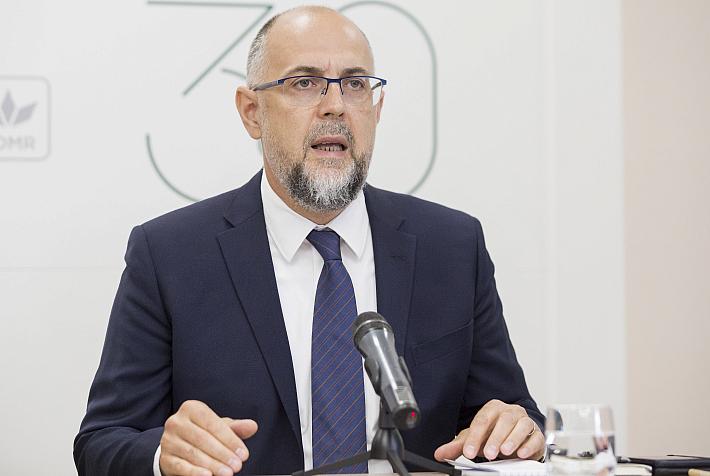JTI could move production from Ireland, Belgium to Romania

Japan Tobacco International (JTI) could close its manufacturing sites in Northern Ireland and Belgium, mainly due to a challenging economic environment, and considers relocating production to other facilities, potentially in Romania and Poland.
“The challenging economic environment, excise tax pressure coupled with illegal trade has triggered industry volume contraction in a number of key European countries. This is compounded by the need to comply with legislation, including the revised EU Tobacco Products Directive (TPD2), which will significantly reduce the number of pack formats to be produced for various markets. This inevitably has led to the need to review JTI’s manufacturing operations,” reads a company statement.
Manufacturing in Trier, Germany, would also be relocated, except the Ploom-related production.
The restructuring proposal would affect some 1,100 jobs across the EU. Its implementation will be phased, with factory closures completed between 2016 and 2018.
Irina Popescu, irina.popescu@romania-insider.com












